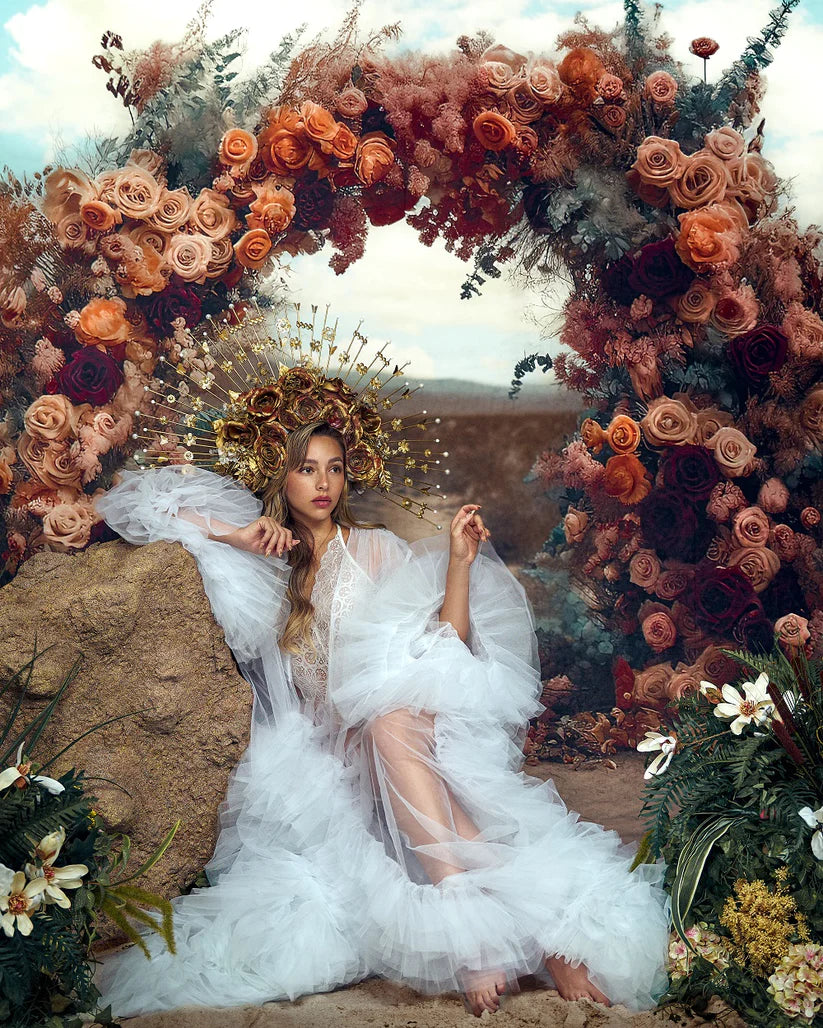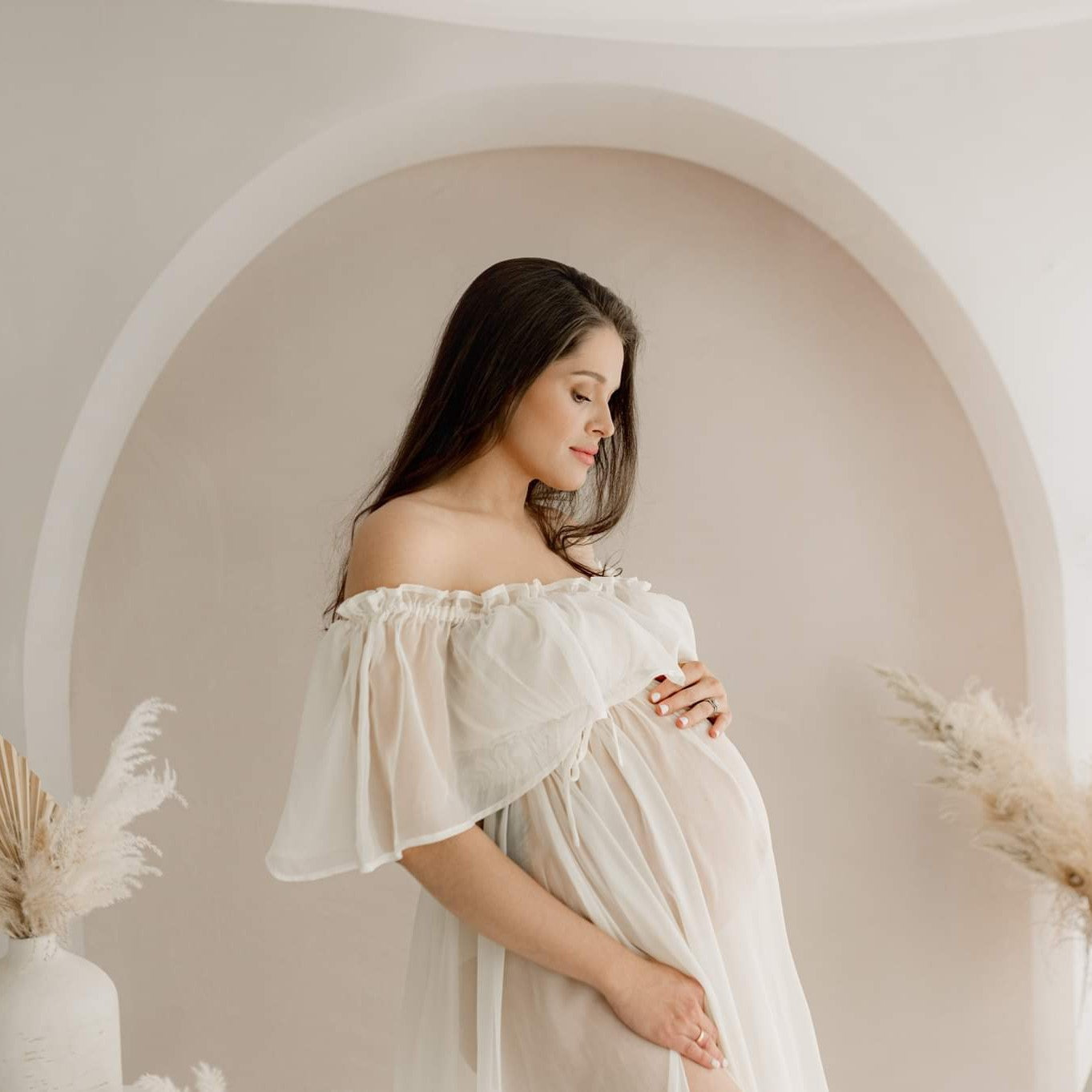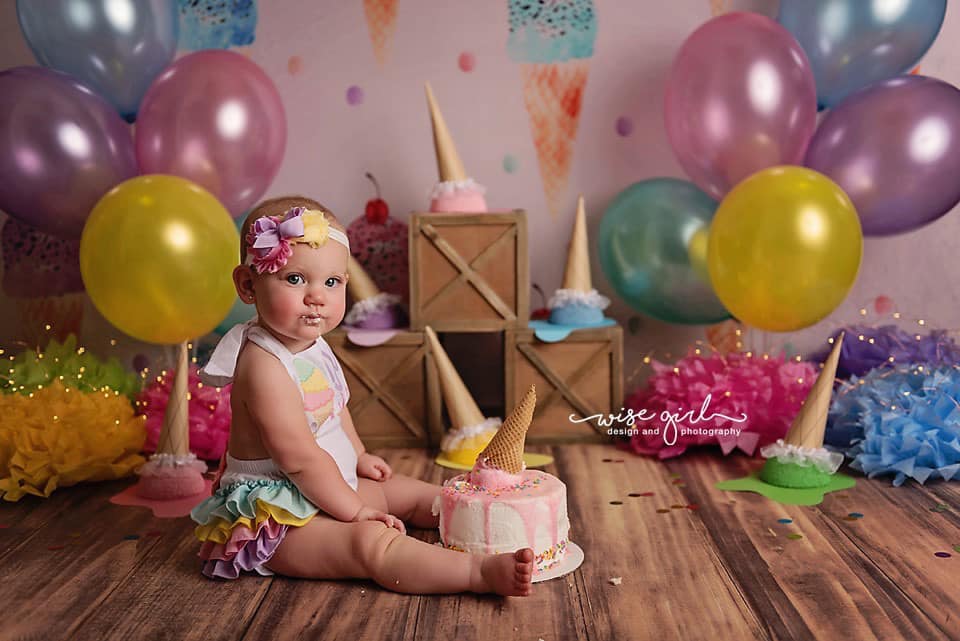How to choose the right lenses for Indoor portraits? Working with the right lenses will ensure amazing photos—which will, in turn, help you win trust from clients and promote your portrait photography business.
Many photographers are huge fans of Canon DSLR cameras, but figuring out which are the right lenses can be doubted. Here’s a Quick Start Guide for Canon users!
In this article, I’ ll list out 6 Canon lenses that work best for portraits, and show the details of each:
[ This review is not only concerned with scientific lens scores and statistics but also actual usage and a balanced opinion as to which portrait lenses are top for all-round usage. ]
First, let’s figure out some Basic Information first:
For Portraits: Prime Lens vs. Zoom Lens
Prime Lens & Zoom Lens are the two main types of portrait lenses. Prime lens means it has a fixed focal length, while the zoom lens has a wide range of focal lengths for you to choose. So, which is better for portrait shooting?
Prime Lenses
- Better in Low Light Situation
For studio portraits, a prime lens always works better. They do have a larger maximum aperture, which makes them much better for the low light indoor situation.
- Better Background Blur
The other aspect of a larger aperture is the greater control it gives you with the depth of field. It gives you a much shallower depth of field and a nice bokeh — the creamy, out-of-focus background extrudes a clearer subject.
- Fast, Quiet, Expensive
Focus can be fast and quiet on prime. You only need to consider that prime lenses with large apertures are more expensive, and you’ll have to carry more of them.
Zoom Lenses
- Convenience
You can absolutely take great portraits with a zoom lens, for its’ convenience in terms of being able to change focal length. It gives more potentials to your creation with only one lens. However, if you work in a small studio, you can not make the most of a long focal length. For most occasions in the studio, a 24-70mm lens is enough for indoor portraits.
- More Expensive
The zoom lens can also share a large aperture. But for the reason that they’re more complex to design than a prime, it usually costs more than prime ones. Better, faster zooms at longer lengths with a larger aperture can cost around $1000-$2000, but can be merely used in studios
With the above basics in mind, here’s a simple list for reference:
Recommended Canon portraits lenses:
|
Product |
Details |
Price$ (for reference) |
|
Canon EF 35mm f/1.4 II USM |
Focal Length:35mm Maximum Aperture: f/1.4 Wide Angel for Full-body |
$1,800 |
|
Canon EF 85mm f/1.2L IS USM |
Focal Length: 85 mm M/A Focus Mode Switch Larger Aperture |
$1,900 |
|
Canon EF 85mm f/1.8 USM |
Focal Length: 85 mm Silent Wave Motor Super Integrated Coating |
$318.99 |
|
Canon EF 50mm f/1.4 USM |
Focal Length:50mm Sharp, High-resolution Images Specializes in Bokeh |
$349 |
|
Canon EF24-70mm f/2.8L II USM |
Focal length: 24-70mm Fast F2.8 constant maximum aperture 0.38m closest focus, 0.19x magnification For Canon SLRs of all formats |
$1,599 |
|
Canon 70 - 200mm f/2.8L IS II USM
(For Large Studio) |
Focal Length: 70-200 mm Nano Crystal Coat Superior Autofocus |
$1,730 |
The EF35mm f/1.4L II USM lens employs a BR optical element. with anomalous dispersion characteristics that greatly refract blue light. It makes possible exceptionally high levels of chromatic aberration correction.
EF35mm f/1.4L II USM lens was designed to deliver reliable performance even in various shooting conditions, and the 35mm focal length helps you capture as much of the environment around the subject as the subject themselves.
Among EOS family, EF 50 mm f/1.4 is an essential standard lens. First, 50mm is definitely the equivalent to the human eye, which means offering a similar view as the human eye, as wide as you would traditionally go without distorting facial features. Popular for decades, this classic lens has been highly regarded for its superior sharpness and color balance.
Combined with a maximum aperture of f/1.4, improvements in the quality of the focused image and beautiful, natural background blur has been realized. And all these make 50 f/1.4 USM a perfect lens for portraits.
85mm is the ideal portrait-length because it maintains closeness to your subject without showing any distortion. Canon EF 85mm f/1.8 USM is a representative. Not only is it sharp, delivers wonderful color and very useful, but also it gives a different perspective on the subject.
85mm brings good subject isolation. The image is sharp, and a relative bargain at $369. For an amateur, this impressive, affordable, and modern Canon 85mm f/1.8 may be the only portrait lens you ever need.
Personally, the EF 85mm f/1.2 USM lens is the most ideal lens for studio portrait photography. Besides all the advantages that 85mm f/1.8 has, EF85mm f/1.2L II USM medium-telephoto lens is more Ideal for professional photographers who shoot portraits and weddings. It's actually superior in so many ways – cost, size, weight, focus ability, sharpness.
In fact, for most of the occasions, we don’t need a large aperture like f/1.8 or f/1.2. Mostly f/2.2—f/2.8 is enough for a beautiful background. But at f/2.8, compared with EF85mm f.1.8 USM, 85mm f/1.2 pulls ahead in terms of detail, sharpness, color, and contrast, which is expected since you are paying so much more for the L version.
The focal length of 24-70mm is one of the most versatile focal ranges you can find, which is the biggest selling point of this lens. It allows for a great deal of diversity in your portfolio in a single lens, which also means it brings about a diversity of looks on any single shoot. From wide-angle, to close-up.
Based on the advantage of focal range, Canon EF 24-70mm f/2.8L II USM offers superior-high-quality imaging capabilities and enhanced durability and reliability. It is also ideal for low-light shooting and beautiful background blur, with a constant large aperture.
Canon 70 - 200mm f/2.8L IS II USM
As one of the most popular L series lenses, 70 - 200mm f/2.8L IS II USM offers powerful precision zoom and clarity. Unbelievable sharpness and image performance. With a large range of focal lengths, it brings about beautiful, blurry bokeh. If you’re a professional portrait photographer who needs to capture portraits at large ceremonies or sporting events, this Canon portrait lens will work wonders.
When it comes to 70-200mm, we know it is convenient! With the twist of the zoom ring, you can go from full-body to close-up shots on your subject, providing versatility and convenience in one. However, if you work in a small studio, you can not make the most of a long focal length. It weighs a lot! You must need a strong tripod to support it!
Conclusion
For studio portraits, Nikon prime lens of 50mm, 85mm always works awesome, especially those with a large aperture (f/1.4), which let more lights through, create beautiful bokeh, express the characteristics of skins and seize more details. But if you consider the budget and versatility, a 24-70mm zoom lens is also a good choice for indoor shooting.
Future articles will introduce more portrait lense of Canon, Sony, and more other brands, to help you choose the right lens you prefer. Please share this article and leave a comment in the FB group to let us know!
If you like this article, please share it! Be sure to join our FB Group: https://www.facebook.com/groups/katebackdrop.au/. to share your ideas! You can also receive free articles, updates as well as discounts information from https://www.katebackdrop.com.au/ and our FB Group.

 Custom Printed Fabric Backdrops
Custom Printed Fabric Backdrops Custom Rubber Floor Mats
Custom Rubber Floor Mats Custom Collapsible Backdrops(double-sided)
Custom Collapsible Backdrops(double-sided) Custom Hand Painted Canvas Backdrops
Custom Hand Painted Canvas Backdrops Custom Rubber Round Coaster
Custom Rubber Round Coaster Custom Vinyl Backdrops
Custom Vinyl Backdrops Custom Fleece Backdrops
Custom Fleece Backdrops Christmas
Christmas
















